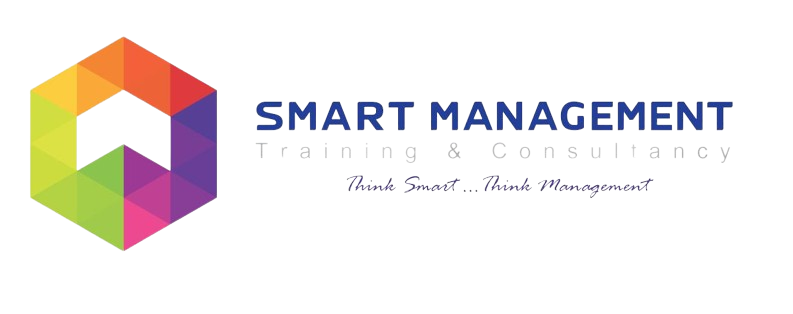
Performance Management
WHO SHOULD ATTEND?
This programme is designed for all Supervisors, managers and team leaders who require practical tools and techniques to gain the cooperation and support of their staff or teams.
LEARNING OUTCOMES
By the end of this programme, the participants will be able to:
- Recognize the importance of having a performance review process for employees
- Work with employees to set performance standards and goals
- Improve their skills in observing, giving feedback, listening, and asking questions.
- Learn an effective interview process and the opportunity to practice the process in a supportive atmosphere
- Know how to make the performance review legally defensible
COURSE OVERVIEW & CONTENT
Performance reviews are an essential component of employee development. The performance review meeting is an important aspect of career planning, and the outcomes of the meeting should be known to the employee and supervisor before the meeting actually takes place. Remember what the German philosopher Goethe said: “Treat people as if they were what they ought to be and you help them become what they are capable of being.”
Setting goals and objectives to aim for will give both supervisors and employees a focus, and is one of the key aspects to meeting overall company objectives. Supervisors must also learn how to give feedback, both positive and negative, on a regular and timely basis so that employees can grow and develop. Performance appraisals involve all these activities.
- Performance Appraisals Done Well
- What are Performance Appraisals?
- Why Performance Appraisals Important?
- Building Trust
- Common Errors and Solutions
- Errors We Make
- Common Errors and Solutions
- Three Slippery Areas
- Making Connections
- Types of Performance Reviews
- Choosing What Works
- Winning Performance Appraisals
- The Most Common Types of Performance Appraisals:
- Formal Reviews
- Informal Reviews
- Probationary Reviews
- 360 Degree Reviews
- The Performance Management Process
- The Four Steps
- Sample Performance Appraisal Forms
- Setting Standards and Goals
- Goals With SPIRIT
- The SPIRIT Acronym for Goals
- Identifying Dreams and Setting Goals
- My Dreams and Goals
- Setting Short-Term and Long-Term Goals
- Putting It All Together
- The Performance Management Cycle
- The Four Phases
- The Basis for Review
- The Performance Standards
- BAR’s and KRA’s
- Setting Standards
- The Importance of Standards
- Creating a Performance Development Plan
- The Components of This Type Of Plan
- Feedback and Communication Skills
- Feedback and Communication Tips
- Listening Skills
- Active Listening
- The Mission: To Listen
- Communication Strategies
- Basic Skills
- Asking Good Questions
- Probing
- Non-Verbal Messages
- Interpretation Exercise
- Body Language
- Giving Feedback
- The Importance of Feedback
- Six Characteristics of Effective Feedback
- Three Case Studies
- Accepting Criticism
- How to Accept Criticism Graciously
- Planning the Interview
- Appraisal preparation
- Things That Participants Should Do Before Delivering The Performance Appraisal
- The Interview
- A Basic Format
- Preparation
- Role Play
- Goal Setting Role Play
- A Role Play on the First Stage of the Performance Appraisal Process: Goal Setting
- Discussion and Feedback
- Providing Feedback
- The Importance of Coaching
- Task Preparation
- Maintaining Performance
- Explore Some Ways To Maintain The Level, Once An Employee Has Achieved A Particular Level Of Performance
- Handling Performance Problems
- What to do if an employee is not achieving a particular level of performance
- Make the Commitment
- Behavior Contracts
- Recognizing Mrs. Stanford
- Terminating an employee
- The Part Where Someone Gets Fired
- What Steps To Take When Someone Needs To Be Let Go
- If You Have To Let Them Go…
- Role Play
- Performance Management Checklists
- Review some checklists that can be used during the performance management process
TRAINING METHODOLOGY
- Group Discussions
- Group & Individual Exercises
- Presentations
- Role Plays
- Self-Assessments
- Variety Of Games
- Action Plan
Course Price:
$2,350.00

